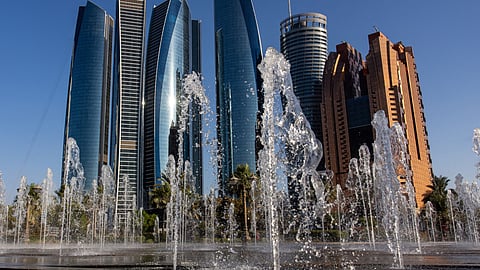UAE nears exit from FATF ‘grey list’ following robust crackdown on illicit finance
The United Arab Emirates is on track to exit the Financial Action Task Force's "gray list" this week, signalling a significant victory in its crackdown on illicit financial activities. Assessors noted substantial progress during an on-site visit, and insiders suggest a favourable decision by February 23. The UAE's efforts involved diplomatic tours, heightened scrutiny on money transfers, and high-profile arrests. While some hail the nation's progress, concerns linger, emphasising the delicate balance between compliance efforts and persistent challenges. Wall Street banks and global partners await the outcome of the FATF plenary in Paris.
Sign up for your early morning brew of the BizNews Insider to keep you up to speed with the content that matters. The newsletter will land in your inbox at 5:30am weekdays. Register here.
By Ben Bartenstein
The United Arab Emirates is poised to exit a global watchdog's "gray list" as soon as this week, following a push to clamp down on illicit financial flows in and out of the oil-rich Gulf state.
___STEADY_PAYWALL___

